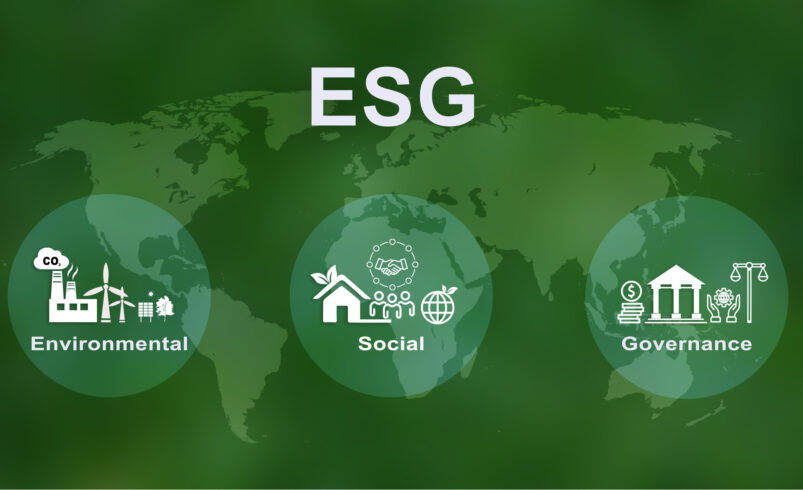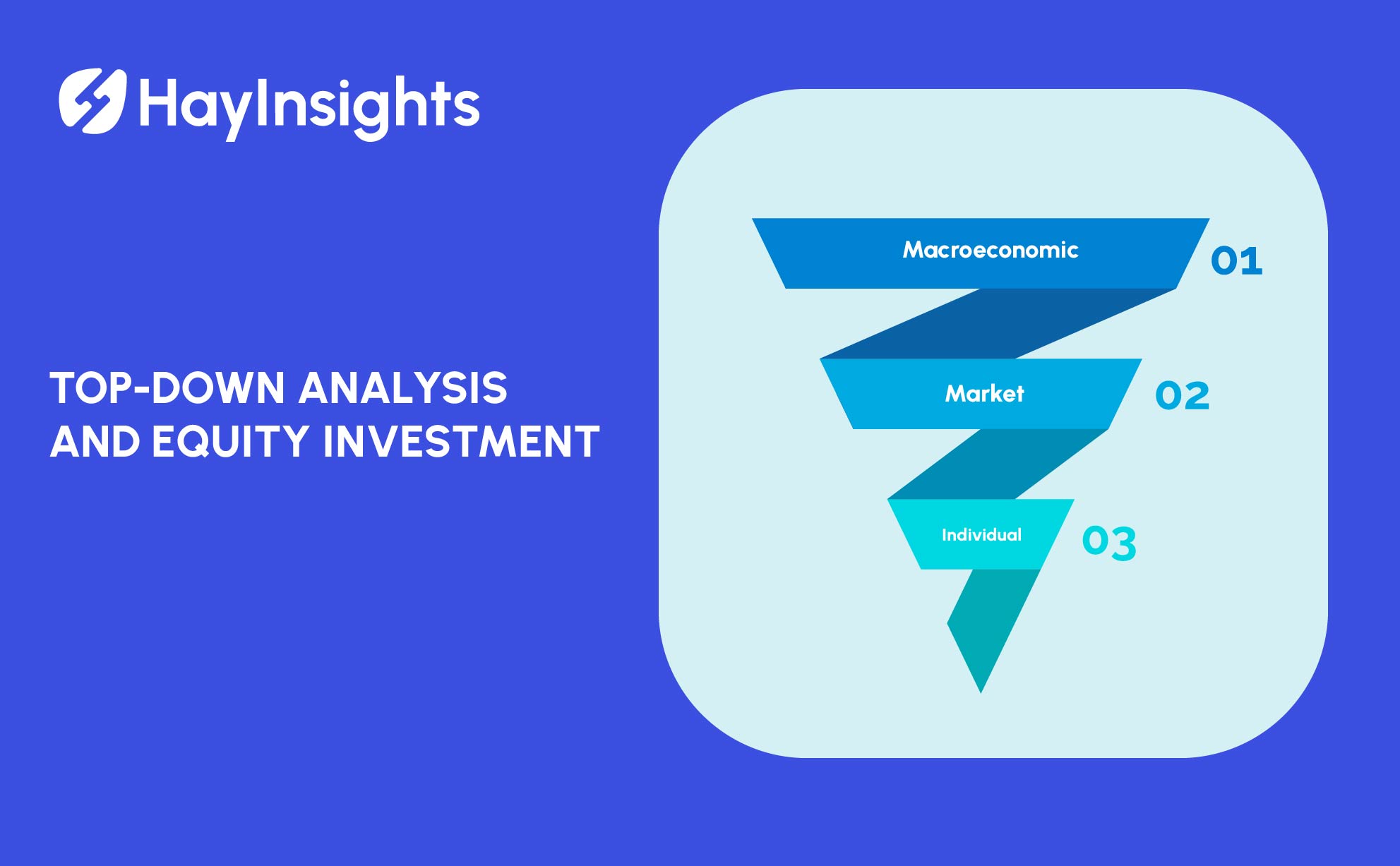
ESG投資信託:2025年の日本の持続可能な未来への投資
金融投資の環境が進化する中、ESG 投資信託は変革の原動力として登場し、投資家の資本配分方法に変化をもたらしています。これらのファンドは 社会、ガバナンス(ESG) の原則を投資戦略に取り入れ、個人や機関が財務目標を倫理的価値観と一致させることを可能にしています。世界が持続可能性と企業の説明責任にますます注目する中、ESG 投資信託は、財務リターンと社会へのプラスの影響の両方を求める投資家の間で人気が高まっています。
ESG投資信託を理解する
ESG 投資信託は、本質的には、特定の ESG 基準に基づいて選択された株式、債券、またはその他の証券のポートフォリオです。環境面では、炭素排出量の削減、天然資源の保護、クリーン エネルギー ソリューションの採用に取り組む企業への投資を重視します。社会的側面では、多様性、コミュニティへの関与、従業員の福利厚生、人権を推進する企業に焦点を当てます。ガバナンス基準では、企業のリーダーシップ、透明性、倫理的慣行、株主の権利を評価します。
これらのファンドは、長期的なパフォーマンスに影響を与える可能性のある非財務的要因を考慮する点で、従来の投資とは異なります。ファンドマネージャーは、ESG 原則を統合することで、市場の変動や規制の変更に直面しても回復力を発揮する、持続可能で責任あるビジネス慣行を持つ企業を特定することを目指しています。
ESG 投資信託に投資する理由
ESG 投資信託への投資には、いくつかのメリットがあります。まず、投資家はポートフォリオを自分の価値観に合わせることができます。再生可能エネルギーの支援、職場の平等の推進、倫理的な企業統治の促進など、ESG ファンドは変化をもたらすための構造化された方法を提供します。
第二に、これらのファンドは、持続不可能なビジネス慣行に関連するリスクを軽減することがよくあります。環境問題や社会的責任を無視する企業は、規制上の罰則、評判の失墜、または業務の中断に直面する可能性があります。ESG に重点を置いたファンドは、そのような企業を回避しようとし、投資のボラティリティを軽減する可能性があります。
最後に、研究によると、持続可能な投資は競争力のある利益を生み出すことができることが示されています。社会的責任のあるビジネスに対する需要が高まるにつれて、ESG 原則を順守する企業は長期的に同業他社を上回る業績を上げる可能性が高くなります。
ESG投資信託の主な特徴
1. ESGスクリーニング
ほとんどの ESG 投資信託は、スクリーニング プロセスを使用して潜在的な投資を評価します。ポジティブ スクリーニングでは、特定の ESG 基準で優れている企業を特定し、ネガティブ スクリーニングでは、化石燃料、タバコ生産、武器製造などの活動に携わる企業を除外します。
2. アクティブマネジメントとパッシブマネジメント
ESG 投資信託は、アクティブまたはパッシブに運用できます。アクティブに運用されるファンドでは、ファンドマネージャーが詳細な ESG 分析に基づいて投資決定を行います。ESG インデックス ファンドなどのパッシブ ファンドは、MSCI ESG インデックスなどのベンチマークを追跡し、持続可能な企業への多様なエクスポージャーを提供します。
3. セクターフォーカス
一部の ESG ファンドは、クリーン エネルギー、グリーン テクノロジー、社会的公平性など、特定の業界に重点を置いています。この特化により、投資家は個人の価値観や財務目標に共鳴する分野に集中することができます。
4. 透明性と報告
高品質の ESG 投資信託は透明性を優先することが多く、ファンドの ESG パフォーマンス、カーボン フットプリント、株主エンゲージメント活動に関するレポートを定期的に提供しています。これらの開示は、投資家が投資の影響を評価するのに役立ちます。
ESG投資の課題
ESG 投資信託にはメリットがあるものの、課題がないわけではありません。共通の懸念事項の 1 つは、標準化された ESG 指標がないことです。ファンド マネージャーによって基準が異なる場合があり、ファンドの比較が困難です。この不一致は、投資前に徹底的な調査を行うことの重要性を強調しています。
グリーンウォッシングは、ESG 分野におけるもう 1 つの問題です。一部のファンドは、ESG 原則に忠実に従うことなく、持続可能なファンドとして売り出すことがあります。投資家は、ファンドの目的、保有資産、第三者による ESG 格付けを精査し、信頼性を確保する必要があります。
最後に、ESG ファンドは、業界全体または地域全体を除外することで集中リスクを示す可能性があります。これにより、分散化が制限され、ポートフォリオのボラティリティが増加する可能性があります。投資家は、情報に基づいた決定を下すために、これらのリスクと優先順位を比較検討する必要があります。
の成長 投資信託の成長
近年、気候変動、不平等、企業の説明責任など、世界的な課題に対する意識の高まりを背景に、ESG 投資信託の人気が急上昇しています。最近のレポートによると、世界の ESG ファンドの資産は 2023 年に 2 兆ドルを超え、今後も成長が見込まれています。年金基金や基金などの機関投資家は、ESG 基準を戦略に取り入れる傾向が強まっており、需要がさらに高まっています。
世界中の規制枠組みも ESG 投資の増加を後押ししています。たとえば、欧州連合の持続可能な金融情報開示規則 (SFDR) は、ESG 関連投資の透明性を義務付けており、より多くのファンドマネージャーが持続可能な慣行を採用するよう促しています。同様に、世界最大の日本の年金積立金管理運用独立行政法人 (GPIF) は、ESG の考慮を投資方針に組み込み、他の企業が追随する先例となっています。
適切な ESG 投資信託の選び方
適切な ESG 投資信託を選択するには、いくつかの考慮事項があります。まず、投資の目標と価値を定義します。主に環境の持続可能性を懸念していますか、それとも社会問題やガバナンスの問題の方が関心がありますか? 優先順位を明確にすると、選択肢を絞り込むのに役立ちます。
次に、ファンドの ESG 手法を調査します。投資を選択する際に使用されるスクリーニング プロセス、指標、基準を確認します。ファンド マネージャーのアプローチを理解することで、ファンドが目的にどの程度適合しているかを把握できます。
パフォーマンス履歴も重要な要素です。過去のパフォーマンスは将来の結果を保証するものではありませんが、ファンドの安定性と成長の可能性についての手がかりとなります。経費率が高いと時間の経過とともに収益が減る可能性があるため、手数料も比較してください。
最後に、ファンドの影響レポートを検討します。高品質の ESG 投資信託は、環境と社会への貢献について詳細な情報開示を行います。これらのレポートは透明性を高め、投資家に対する説明責任を示します。
ESG投資信託の将来展望
世界の優先事項が持続可能性へと移行する中、ESG 投資信託の将来は有望に見えます。気候リスクや社会的課題への対応を求める企業への圧力が高まる中、ESG ファンドは投資環境の形成において中心的な役割を果たす態勢が整っています。
人工知能やデータ分析などの技術の進歩も、ESG 評価の強化につながると期待されています。これらのツールは、より正確で包括的な評価を提供し、ファンドマネージャーが情報に基づいた意思決定を行うことを可能にします。
さらに、若い世代が倫理的な投資を優先するにつれて、ESG 投資信託の需要は高まると予想されます。ミレニアル世代と Z 世代の投資家は、自分たちの価値観に合致する企業を支持する傾向が強く、責任ある投資への長期的なトレンドを生み出しています。
結論
ESG 投資信託は、金融成長と社会の進歩を融合させた、ダイナミックで影響力のある投資アプローチです。環境、社会、ガバナンスの基準を統合することで、これらのファンドは投資家が財務目標を追求しながら前向きな変化を起こせるよう支援します。
世界が差し迫った地球規模の課題に取り組む中、ESG 投資信託は資本を目的に合わせる道筋を提供します。グリーンウォッシングや一貫性のない指標などの課題は残っていますが、徹底した調査とデューデリジェンスは、投資家がこれらの障害を効果的に乗り越えるのに役立ちます。経済的な将来を確保しながら有意義な影響を与えたいと考えている人にとって、ESG 投資信託は今日の投資環境において魅力的な選択肢となっています。













